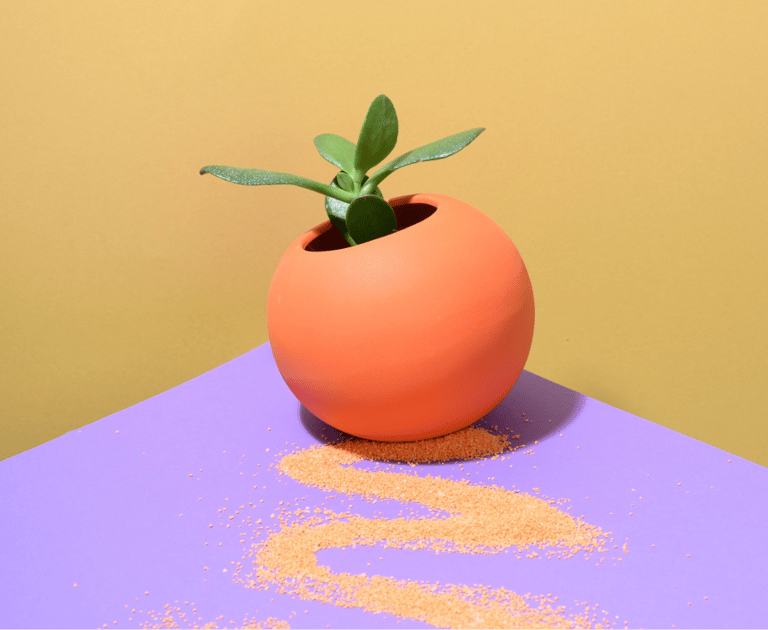

poiesis
this is a place to share how i make my work.
explore, read the manifesto, learn more about me
Poiesis is not the lyrical impulse associated with poetry as much as it is the making by which the poet (poietes) produces lively enactments associated with literature as it reflects on the nature of things. Moving beyond Plato’s notion of mimesis as a literal or passive copy of what happens to be, Aristotle conceived of poiesis as ranging over what might be in order to create a high-level product of the human intellect for reflection and the development of character. Across the literary tradition, poiesis developed into a full-fledged theory of literary creativity. Operating between a realist pole and an imaginative pole, poiesis countenances both probabilities and improbabilities as it creates its lively enactments according to changing forms and contexts. From Aristotle’s poiesis to Fowler’s poioumenon to Tolkien’s mythopoiesis, the term shifts back and forth between the act of making, the thing made, and the world made. Although any number of determinist accounts have attempted to explain poiesis, poiesis in our time ultimately becomes an indispensable product of human consciousness. Poiesis expands awareness beyond the immediacy of what is apparent in order to understand the nature of things close and remote, real and unreal, in local settings vividly realized through the medium of literary art.
.Martin, Thomas. "Poiesis." Oxford Research Encyclopedia of Literature. March 31, 2020. Oxford University Press. Date of access 16 Nov. 2024, <https://oxfordre.com/literature/view/10.1093/acrefore/9780190201098.001.0001/acrefore-9780190201098-e-1080>


Sustainability
Our thoughts about the planet impact everything we do, from the clay we use to the packaging we provide. Find out how we stay responsible.